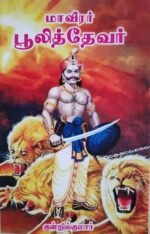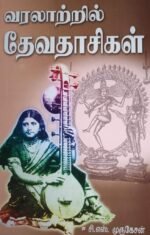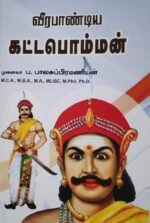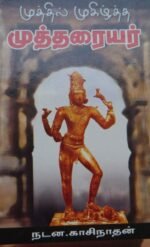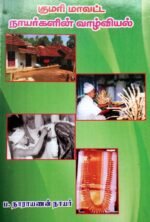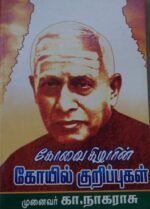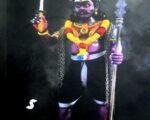The Tirukkuṟaḷ, or shortly the Kuṟaḷ, is a classic Tamil language text consisting of 1,330 short couplets of seven words each, or Kuṟaḷs. The text is divided into three books, each with aphoristic teachings on virtue (aṟam, dharma), wealth (poruḷ, artha) and love (iṉpam, kama). Considered one of the greatest works on ethics and morality, it is known for its universality and secular nature. Its authorship is traditionally attributed to Vaḷḷuvar, also known in full as Tiruvaḷḷuvar. The text has been dated variously from 300 BCE to 1st century CE. The Kuṟaḷ is traditionally praised with epithets and alternate titles such as “the Tamil Veda” and “the divine book.” It emphasizes non-violence and moral vegetarianism as virtues for an individual. In addition, it highlights truthfulness, self-restraint, gratitude, hospitality, kindness, the goodness of wife, duty, giving, and so forth, besides covering a wide range of social and political topics such as king, ministers, taxes, justice, forts, war, the greatness of army and soldier’s honor, the death sentence for the wicked, agriculture, education, abstinence from alcohol and intoxicants.
It also includes chapters on friendship, love, sexual union, and domestic life. The Kuṟaḷ has been widely admired by scholars and influential leaders across the ethical, social, political, economic, religious, philosophical, and spiritual spheres over its history. These include Iḷaṅkō Aṭikaḷ, Kambar, Leo Tolstoy, Mahatma Gandhi, Albert Schweitzer, Costanzo Joseph Beschi, Karl Graul, George Uglow Pope, Alexander Piatigorsky, and Yu Hsi.


